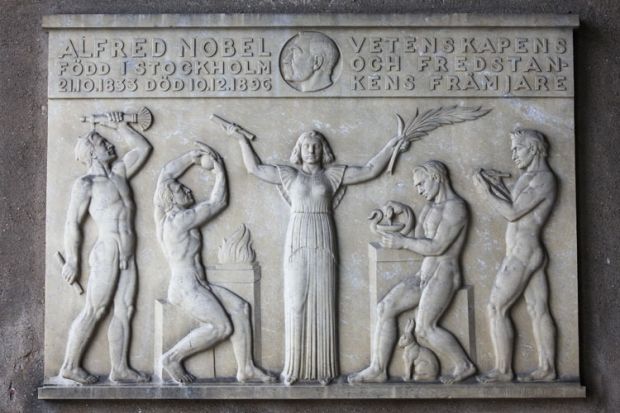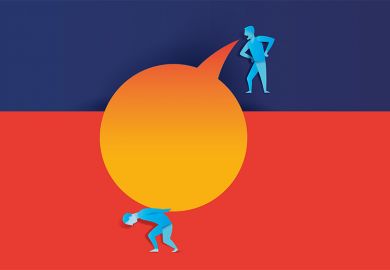Mr Pendlebury has correctly predicted Nobel Prize winners since 2002 on the basis of their large number of citations and their responsibility for founding a new field of research likely to be recognised by the Nobel Committee.
Professor Higgs, emeritus professor of physics at the University of Edinburgh, was feted last year after the particle whose existence he predicted in the 1960s, known as the Higgs Boson, was confirmed during experiments at the Cern particle physics facility in Switzerland. However, the confirmation came too late for him to be considered for last year’s prize.
The first of this year’s Nobel Prizes will be announced on Monday. Each year, Mr Pendlebury makes three predictions for the Nobel Prizes in physiology or medicine, chemistry, physics and economics. He also considers predictions from previous years to remain valid.
Of the 28 researchers he has tipped this year - 17 are based at US institutions, while UK universities have four representatives.
As well as Professor Higgs, Mr Pendlebury’s predictions in the physics category include Didier Queloz, who holds joint professorships at the University of Cambridge and the University of Geneva. He is tipped to be recognised alongside University of California, Berkeley professor Geoffrey Marcy and emeritus Geneva professor Michel Mayor for their discoveries of planets beyond the solar system (extrasolar planets).
In the physiology or medicine category, Adrian Bird, professor of genetics at Edinburgh, is tipped alongside Hebrew University of Jerusalem emeritus professors Howard Cedar and Aharon Razin for “their fundamental discoveries concerning DNA methylation and gene expression”.
And in the economics category, Sir David Hendry, professor of economics at the University of Oxford is tipped alongside Yale University’s Peter Phillips and the University of Southern California’s former Cambridge professor Hashem Pesaran “for their contributions to economic time-series, including modelling, testing and forecasting”.
Click image to enlarge

Register to continue
Why register?
- Registration is free and only takes a moment
- Once registered, you can read 3 articles a month
- Sign up for our newsletter
Subscribe
Or subscribe for unlimited access to:
- Unlimited access to news, views, insights & reviews
- Digital editions
- Digital access to THE’s university and college rankings analysis
Already registered or a current subscriber? Login




